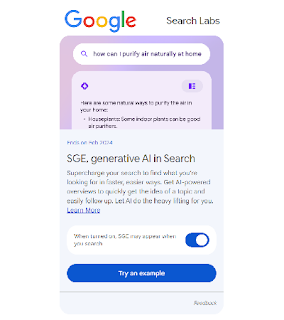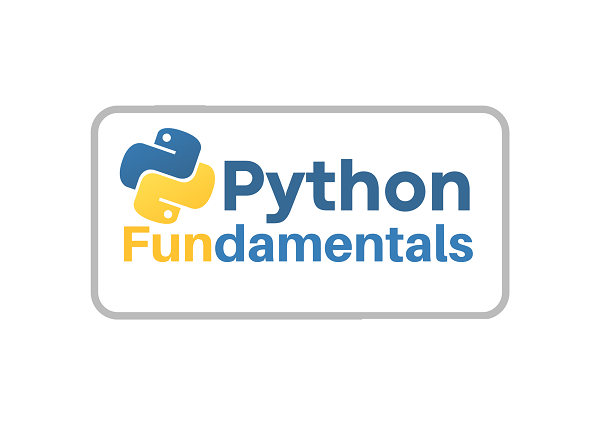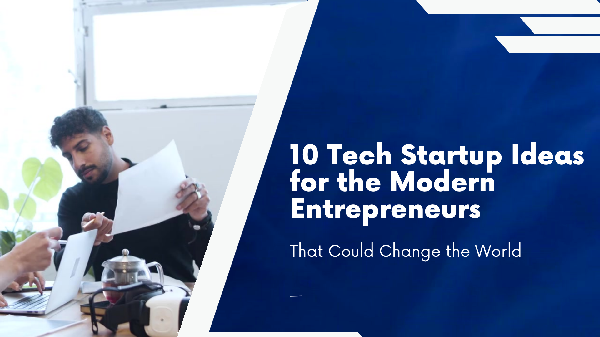How AI is causing a Legal Nightmare for Music Industry
The use of AI in the music industry is causing a legal nightmare, as intellectual property laws are challenged by AI-generated music and the use of copyrighted material in AI algorithms. Discover the legal implications and potential solutions in this in-depth article.
Artificial intelligence (AI) is rapidly changing the music industry. AI-powered tools and algorithms are used in various aspects of music creation, distribution, and consumption. While AI is helping the music industry in many ways, it is also causing a legal nightmare. The use of AI in the music industry has raised many legal questions and concerns, and the industry is struggling to find answers. In this article, we will discuss how AI is causing a legal nightmare for the music industry.
Introduction
The music industry is one of the most complex and dynamic industries in the world. It is an industry that is constantly evolving and adapting to new technologies and trends.
AI is one of the most significant technologies that is changing the music industry. It is being used in various ways, such as creating music, analyzing data, and predicting trends.
However, the use of AI in the music industry is also causing legal challenges.
The Legal Nightmare
The use of AI in the music industry is causing a legal nightmare because it raises many legal questions and concerns.
For example, who owns the copyright of music created by AI?
Can AI be considered an author of music?
How does AI impact the traditional roles of musicians, producers, and songwriters?
These questions have no easy answers, and the music industry is struggling to find solutions.
Ownership and Copyright
One of the biggest legal challenges that the music industry is facing due to AI is ownership and copyright.
In traditional music production, the ownership of the music and copyright is clear.
The songwriter or composer owns the copyright to the music they create. However, when AI is used to create music, the lines become blurred.
Who owns the copyright to music created by AI? Is it the person who created the AI tool, the person who programmed the tool, or the AI tool itself?
The music industry is yet to find a clear answer to this question.
Authorship
Another legal challenge that the music industry is facing due to AI is authorship. In traditional music production, the role of the musician, producer, and songwriter is clear.
However, when AI is used to create music, the question of authorship arises. Can AI be considered an author of music?
The answer to this question is not straightforward. While AI can create music, it cannot express emotions or have a creative vision like humans.
Therefore, the music industry is struggling to define the role of AI in music creation.
Traditional Roles
The use of AI in the music industry is also causing legal challenges related to the traditional roles of musicians, producers, and songwriters.
With AI tools and algorithms, it is possible to create music without the need for traditional musicians, producers, and songwriters.
This raises the question of whether AI will replace traditional roles in music production. The music industry is yet to find a clear answer to this question.
Data Privacy and Protection
Another legal challenge that the music industry is facing due to AI is data privacy and protection. AI-powered tools and algorithms collect and analyze vast amounts of data.
This data can include personal information, such as the listening habits of individuals.
The music industry needs to ensure that this data is collected and used in a way that protects the privacy of individuals.
The industry is yet to find clear solutions to this challenge.
Regulations
The use of AI in the music industry is causing legal challenges related to regulations.
The music industry is heavily regulated, and the use of AI in music production and distribution raises questions about compliance with regulations.
For example, there are regulations related to the use of copyrighted material in music production.
The music industry needs to ensure that AI-powered tools and algorithms comply with these regulations.
Intellectual Property
The use of AI in the music industry is also causing legal challenges related to intellectual property.
With AI tools and algorithms, it is possible to create music that sounds similar to existing songs.
This raises questions about ownership and copyright infringement.
AI can analyze vast amounts of data and generate music that is similar in style to popular songs, which can be useful for music producers looking to create new tracks.
However, the algorithms used in AI-generated music can be so advanced that it is difficult to distinguish the new music from the original.
This has led to disputes over who owns the rights to the new music.
One example is the 2018 case of "Blurred Lines" by Robin Thicke and Pharrell Williams.
The song was found to have infringed on the copyright of Marvin Gaye's "Got to Give It Up."
The case set a precedent that copyright infringement can occur even if the new work does not copy the original work's melody or lyrics but merely captures the overall "feel" of the original work.
AI-generated music raises similar issues. If an AI system creates a song that is similar in style and feel to an existing song, it could potentially infringe on the original work's copyright.
It is not clear who owns the copyright to AI-generated music, which makes it difficult to determine who is responsible for any infringement.
To address these legal challenges, the music industry needs to develop new guidelines and standards for AI-generated music.
This could include establishing a clear framework for determining ownership and copyright infringement in AI-generated music. It may also require new regulations that govern the use of AI in music production.
The Future of AI in Music
Despite the legal challenges that AI is causing in the music industry, it is clear that AI will continue to play a significant role in music production and consumption.
AI tools can analyze vast amounts of data and generate new music that is similar to popular songs, which can be useful for music producers looking to create new tracks.
AI can also help personalize the music listening experience for consumers by analyzing their listening habits and preferences.
Services like Spotify and Pandora already use AI algorithms to suggest new songs and artists to users based on their listening history.
The use of AI in music also has the potential to create entirely new genres of music that have never been heard before.
AI-generated music can break down barriers and bring together different styles and cultures in innovative ways.
Conclusion
As AI becomes increasingly prevalent in the music industry, it is causing legal challenges related to copyright and ownership. The industry needs to develop new guidelines and standards to address these challenges and ensure that artists and producers are fairly compensated for their work.
However, the benefits of AI in music production and consumption are undeniable. AI tools can help create new tracks and personalize the music listening experience for consumers. The use of AI in music also has the potential to create entirely new genres of music that have never been heard before.
As the music industry continues to evolve,
it will need to find ways to embrace AI while also protecting the rights of
artists and producers. By doing so, it can ensure that the industry remains
vibrant and innovative for years to come.




Comments
Post a Comment